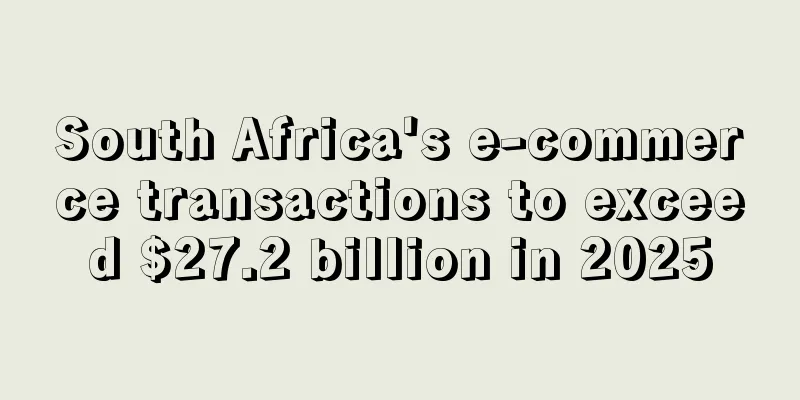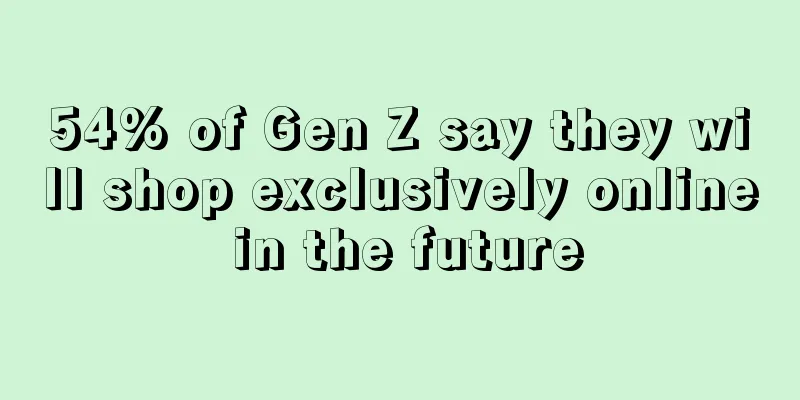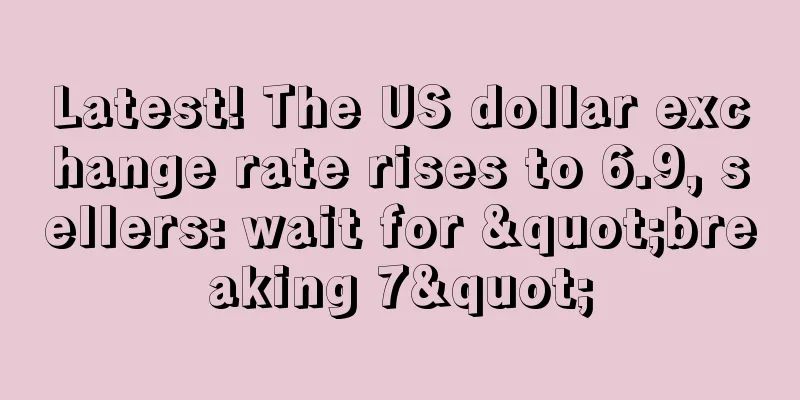South Africa's e-commerce transactions to exceed $27.2 billion in 2025

|
According to foreign media reports, data released by South Africa's First National Bank ( FNB ) recently showed that the current local online e-commerce market transaction volume is slightly less than 200 billion rand (about US$13.58 billion), higher than 90 billion rand (about US$6.1 billion) in 2019 and 142 billion rand (about US$9.64 billion) in 2020.
FNB said that although the e-commerce market share has been growing over the past decade, the growth rate has been slow, and the arrival of the epidemic has pushed it into a high-speed development stage ahead of schedule . Before the epidemic swept the world , online consumption in South Africa accounted for only 8% of total credit card payment spending in the retail sector.
Thokozani Dlamini, CEO of FNB Merchant Services, said: “ E-commerce is already exceeding our initial conservative estimates published at the peak of the pandemic and we can expect strong growth to continue in the medium term . ”
Thokozani said that South Africa's annual e-commerce transaction volume currently exceeds 1 billion transactions . Against this background , it is expected that by 2025, South Africa's e-commerce market will exceed 400 billion rand ( about US$27.2 billion ) .
According to the latest data, South Africa has a population of 55.7 million, with a large middle-class population and an Internet penetration rate of 54%. With the lockdown caused by the epidemic, more and more consumers are beginning to try online shopping, and the popularity of the Internet and the change in consumption concepts have made South Africa the country with the greatest potential for cross-border e-commerce development in Africa.
It is worth noting that in 2019, South Africa officially signed the African Continental Free Trade Agreement. The support of the agreement and the development and penetration of the Internet will multiply the development of e-commerce in South Africa . According to relevant news, the current African United Market will make African countries including South Africa the world's largest continental free trade zone through the agreement , and invest about US$97 billion in Internet infrastructure construction to provide the necessary infrastructure preparation for the booming African e-commerce market.
On April 5, UPS announced a partnership with African e-commerce platform Jumia to expand its e-commerce delivery network in Africa, including South Africa, and further improve the e-commerce market in Africa, including South Africa.
South Africa Online Sales Marketplace |
<<: Supply chain disruptions may persist, cross-border sellers need to be prepared
>>: Walmart launches new seller support program, waiving 50% of sales commission
Recommend
What is Tiandi Huayu Logistics? Tiandi Huayu Logistics Review, Features
Tiandi Huayu Logistics is committed to becoming a...
Losses of over 30 million in half a year! The company is in decline after selling its products in bulk
The products are selling well but are still stuck...
What is dLocal? dLocal Review, Features
dLocal is a wholly foreign-owned payment company d...
What is Evermos? Evermos Review, Features
Founded in 2018, Evermos is an Indonesian social ...
Social media leads Canadian Generation Z’s shopping needs
For millennials, a brand’s social responsibility ...
What is Toolots? Toolots Review, Features
Toolots is a subsidiary of Toolots Inc., headquar...
Shopee officially enters the French market, with promising development prospects
Recently, according to foreign media reports, Sea...
Repeatedly on Amazon BS list, vertical category sales made 280 million in one year
In the cross-border circle, there are many cross-...
What is Kidbox? Kidbox Review, Features
Kidbox was founded in 2015 and is a monthly child...
Sellers, please note! Shopee Malaysia and Indonesia site policies have been significantly updated
Shopee will charge 1% to 2% commission for local ...
Many platforms rush to launch Black Friday! Amazon is under attack
In the second half of the year’s peak season prom...
What is Yamato International Logistics Co., Ltd.? Yamato International Logistics Co., Ltd. Review, Features
Yamato International Logistics Co., Ltd. was estab...
What is Greenway Cross-border Supply Chain? Greenway Cross-border Supply Chain Review, Features
Jiangsu Hongkun Supply Chain Management Co., Ltd. ...
Shipping volume to the US drops sharply! Airlines cut prices to attract customers
Domestic export shipping orders to the United Sta...
Is the epidemic impacting the global supply chain? The Shanghai government is promoting the resumption of production and work
In the context of globalization, the world has gr...









